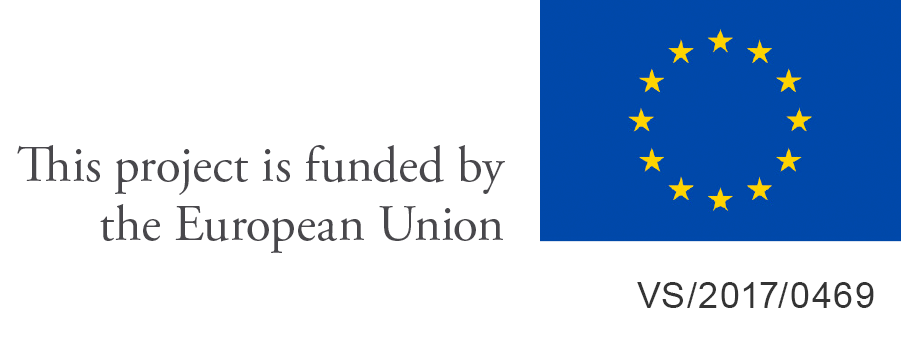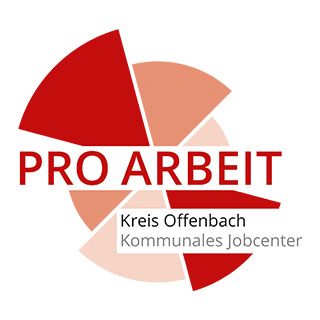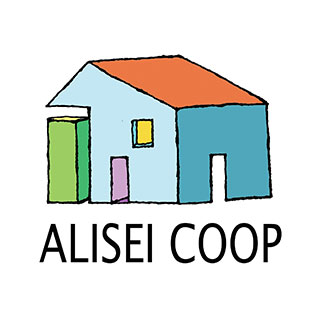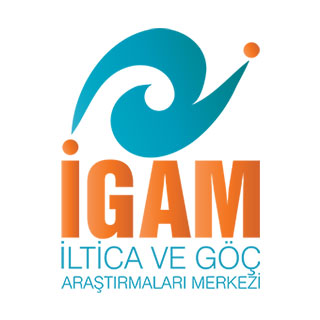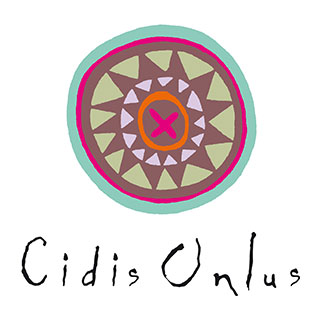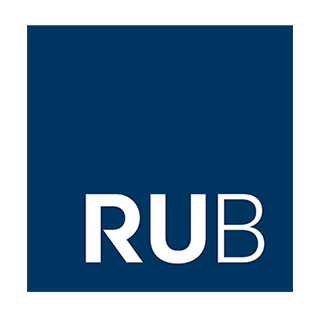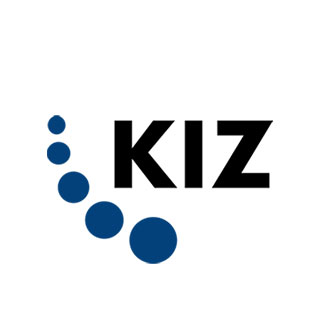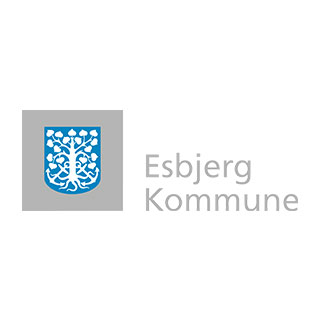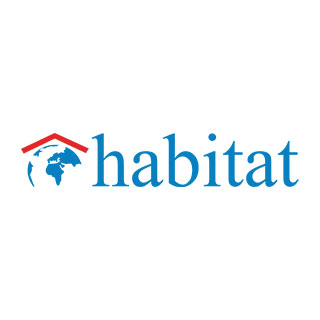Standardization and product development
In order to ensure the sustainability, the scalability and the transnational relevance of our approach, it is crucial to provide the standardization and documentation of the functionality and the results of the RIACs (after a first round of “testing”).
The experience gained in local projects in Germany has allowed us to identify 7 challenges, to which the RIAC model responds with 7 “accelerators”:
Each Partner has developed a model that has been compared with the practices implemented in the individual RIACs thanks to the use of synoptic tables.
Divergences and convergences have shown us the great diversity of the systems but also common denominators that are the result of standardization. On the basis of the experiences and considering the possible options we are able to give advice and warnings on the side effects of fast track integration into the labour market of refugees and asylum seekers
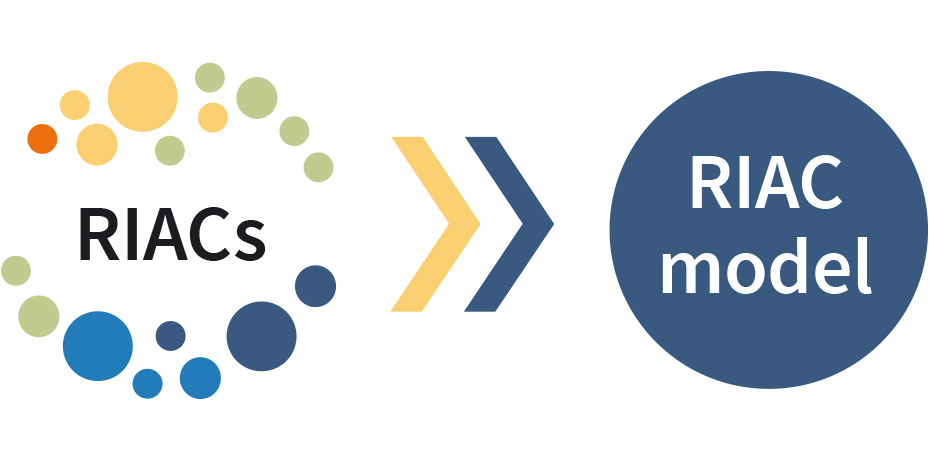
About standardization and apple pies
The creation of standards is historically linked primarily to the technological world, but if we assume that standardization is the process of making things of the same type have the same basic features, we can approach also social processes.
In RIAC Project we understand under “standardization” the formulation, publication, and implementation of guidelines, rules, and specifications for common and repeated use, aimed at achieving optimum degree of order or uniformity in a given context, field of activity and goals.
The aim of standardization in RIAC Project is to outline processes, to compare them with the theoretical model outlined in the Project –on the paper – and to analyse the deviations from the theoretical model, highlighting standardisable and scalable solutions and also that solutions which are applicable to particular contexts.
Due to the standardization (development of a manual and templates) we will achieve that a transfer / an application to other regions is more easily comprehensible and imaginable also because the new model starts from the experience gained on the field by the Partners in different regions of Europe coping with different situations in different frameworks, legal and linked to the labour market.
Because RIACs are able to use to local conditions as a starting point and to provide an individually coordinated solution, RIACs may always be modified in order to adapt to local, regional, national particularities. This makes the concept easily transferable since it does not contain abstract definitions which can only be implemented in certain regions.
The apple pie metaphor.
Introducing the theme of standardization by linking the theoretical model and the operational level to create a new theoretical model is an operation that we began by finding support in a sweet metaphor. In each partner country an apple pie is baked, but in each country according to a different recipe. Some ingredients are different, as well as the proportions, the cooking time, the shapes and the way of serving it, nevertheless, each country has its own apple dessert.
If we want to teach a Spanish or Greek colleague the apple pie recipe, we should first agree on what is the standard apple dessert and this would be a constrain in the light of our experience.
We could, however, advise our Greek or Spanish colleague to observe which ingredients cannot be missing, which is the minimum cooking time, which stratagems have helped us to make better desserts.
